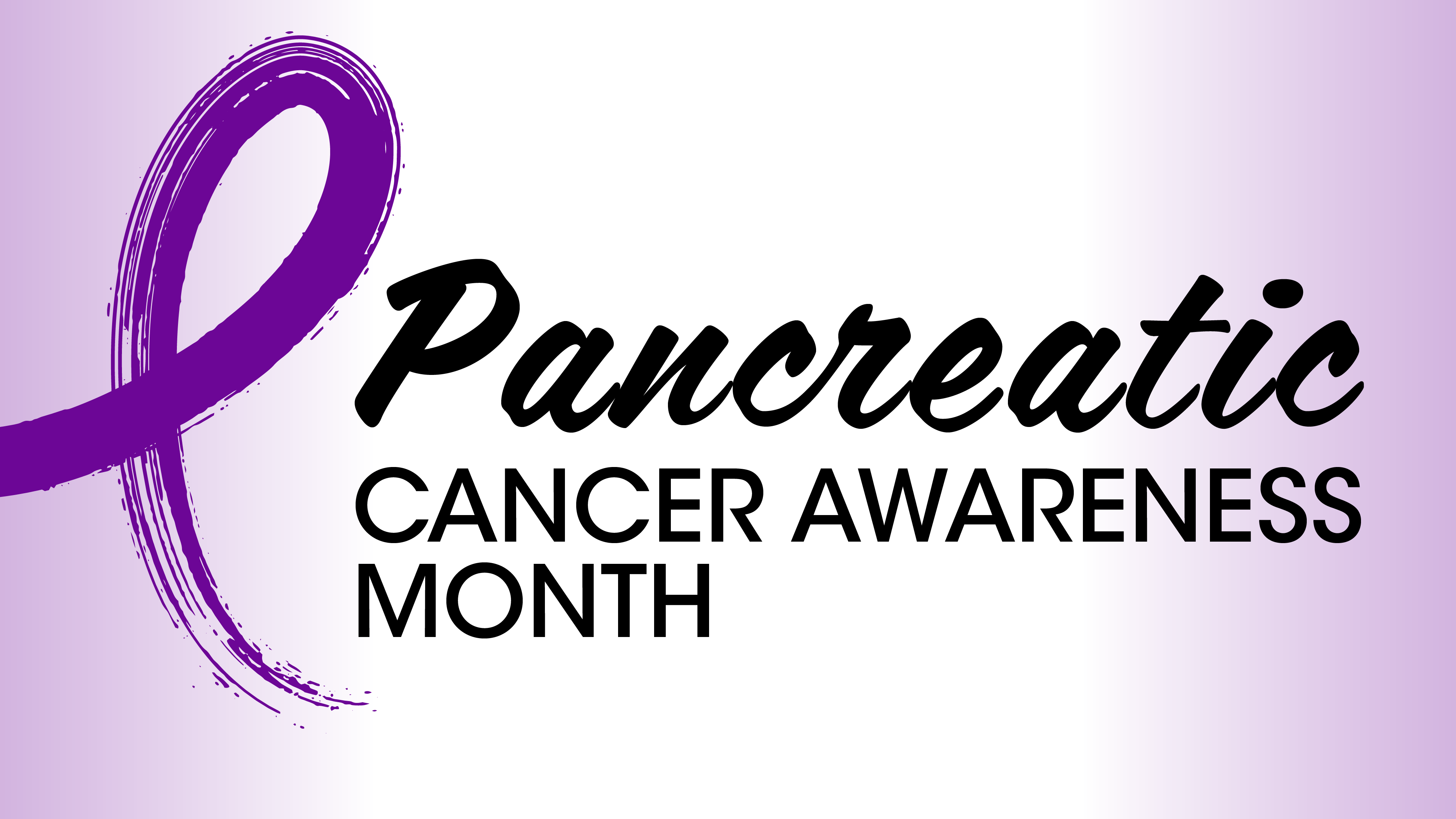
Patient Education for Pancreatic Cancer Risk Factors Is Essential

Increasing patient awareness of modifiable risk factors for pancreatic cancer may help mitigate incidence of pancreatic cancers.
CancerNetwork® spoke with Kelly A. Rone, DNP, RN, AGNP-c, an advanced practice nurse of gastrointestinal oncology at Mayo Clinic in Phoenix, Arizona, about assessing and counseling patients regarding modifiable or non-modifiable risk factors for pancreatic cancer.
Rone began by emphasizing patient education in understanding the risk factors associated with pancreatic cancer. Among modifiable risk factors, she stressed that smoking doubles an individual’s likelihood of developing pancreatic cancer. Additionally, she explained that obesity was a risk factor as well, but that its impact was unclear. Furthermore, Rone explained that patients with chronic pancreatitis were at an elevated risk of developing pancreatic cancers and that providers should communicate a desire to better control symptoms of the disease.
Then, Rone suggested that excessive drinking may also contribute to an elevated risk of developing pancreatic cancer. She further expressed that despite difficulty in mitigating exposure to chemicals for some occupations, encouraging open conversations with their employers about protection may help in mitigating pancreatic cancer risk. She concluded by explaining that screening should be modified for individuals with non-modifiable risks, primarily for people with genetic syndromes and that patients should have an awareness of how the screening should proceed.
Transcript:
We need to start with education. [Not many] people think about [pancreatic] cancer as something that they will ever get. Most people think about the more common types of cancer: colon, breasts, and prostate. Education about modifiable versus non-modifiable [risk factors] is the starting place. Once people know what those are—[which are] the usual things: you should not smoke, because that increases your risk by 2 vs nonsmokers, so you double the risk if you are a smoker.
Obesity is also a risk if you have diabetes. [Many] people do not realize that when you are newly diagnosed with diabetes, that increases your risk of developing pancreatic cancer. We do not know by how much, but it is something that people should be aware of. Certainly, for people who have chronic pancreatitis, those people are also at a greater risk of developing pancreatic cancer. If someone is having recurrent pancreatitis, one of their providers should say to them, “Hey, we have to get this better controlled, or you are at risk [for pancreas cancer].
Modifying the behaviors that cause you to develop pancreatitis, like excessive drinking, those things, patients should be aware that pancreatitis increases their risk. There is some information on exposure to chemicals. If you work in a workplace that exposes you to chemicals sometimes that is difficult to control, but maybe discussions with your employer about, “How do we protect ourselves from the use of these chemicals?” For people who have non-modifiable risks, a lot of the genetic syndromes that predispose you to those people should be screened in a different way, and they just need to be aware of how the screening should proceed.
Newsletter
Stay up to date on recent advances in the multidisciplinary approach to cancer.



































